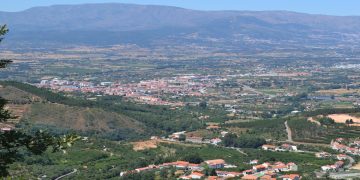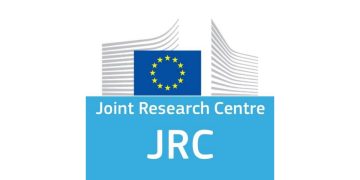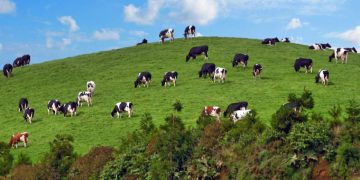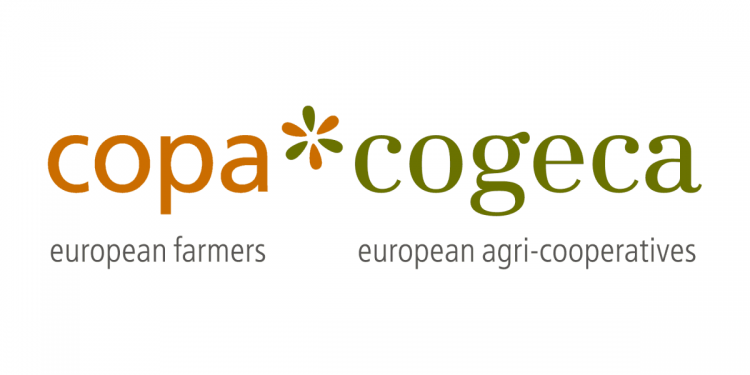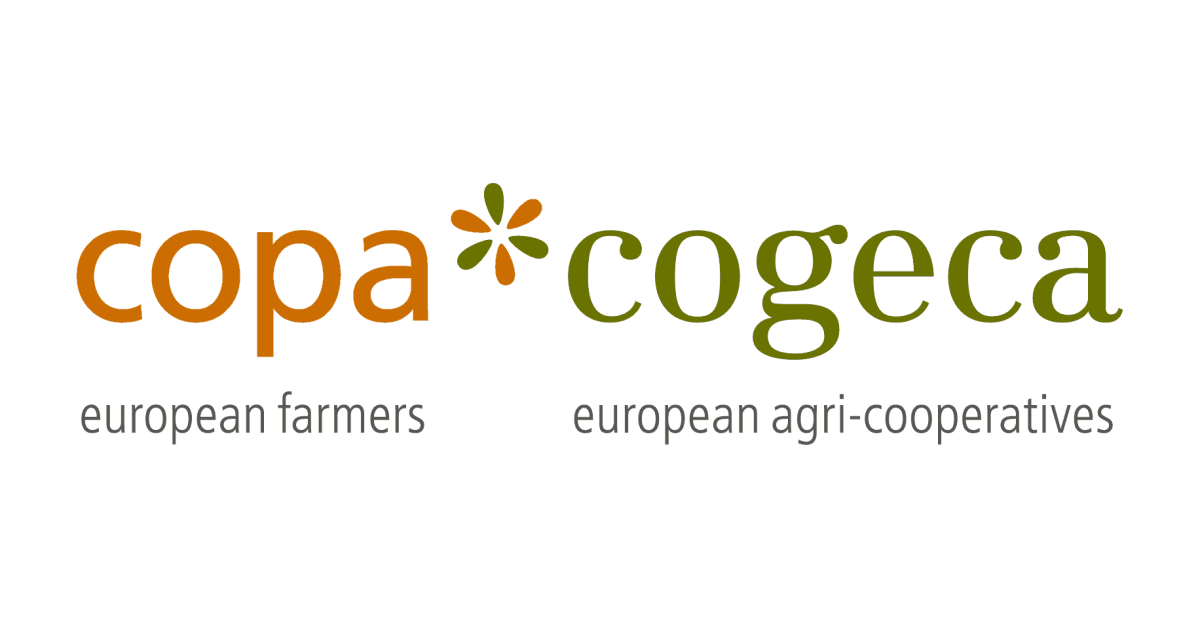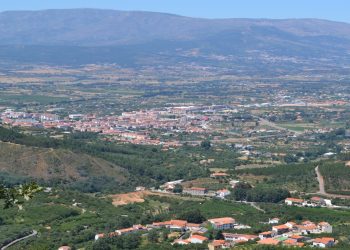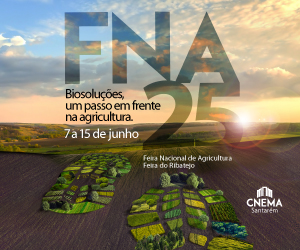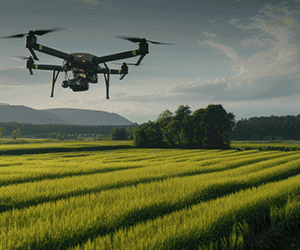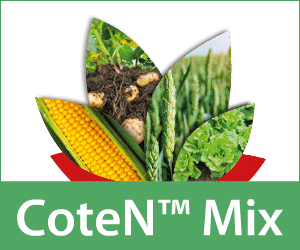The European Commission presented today a new building block of the European Green Deal on the substantiation of Green Claims (DSGC), applicable to all companies operating in the European Union. In the current proliferation of environmental claims and labels, Copa and Cogeca salute the Commission’s attempt to introduce measures aiming at harmonizing environmental claims. Modalities, particularly in the agri-food sector, will still require some finetuning.
When it comes to agri-food, the European Commission proposal can be considered as the first attempt to harmonise rules in Green Claims on products. Considering the impact that false claims could have on consumer trust in the work of farmers, Copa and Cogeca welcome this initiative. Still, it will be important that this new directive articulates itself well with the future Commission’s proposal on the Sustainable Food System Framework (SFSF) that will be presented later in 2023 and that it remains voluntary and only relevant for companies making environmental claims.
Following the European Commission’s unveiling, Copa and Cogeca believe that an EU harmonised calculation method is needed. Nevertheless, in order to use the Product Environmental Footprint (PEF) as a methodology proposed by this Directive, it must be tailored to the specificities of the agricultural and forestry sector. Some sectors have already had their first experiences with developing Product Environmental Footprint Category Rules (PEFCR) for agricultural and horticultural products (e.g., fruit and vegetables, dairy, feed, pasta, flowers and plants, wine, and beer). Yet not all have been successful and, in any case, important improvements must be undertaken that address the diversity of our sectors.
In addition to the PEF, the proposal must allow the use of alternative methodologies to substantiate green claims. It should incorporate general and harmonized requirements for these alternative methodologies. National schemes and labels fulfilling such methodologies should remain operational. This is crucial to safeguard the years, sometime decades, of investments done by the farming and forestry community in certain environmental schemes and labels that are proven to be reliable, scientifically robust, and integrated in the market. The European Commission’s proposal is still unclear in this respect.
Artigo publicado originalmente em Copa Cogeca.


